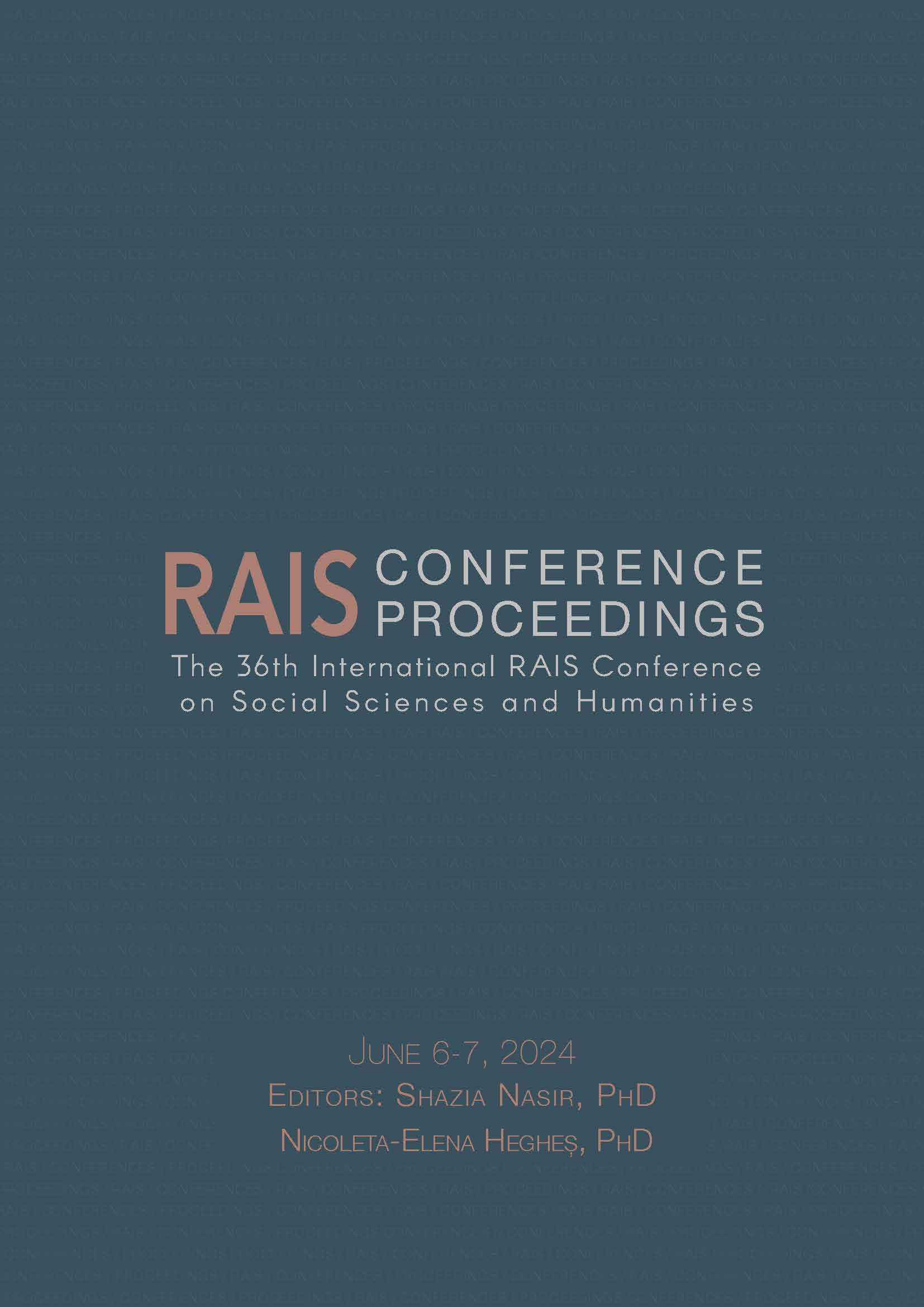Big Data Inequality
Big Data Inequality
Author(s): Julia M. Puaschunder
Subject(s): ICT Information and Communications Technologies, Business Ethics
Published by: Scientia Moralitas Research Institute
Keywords: big data; data storage; digitalization; Digital Markets Act; sustainability; taxation; wealth transfer;
Summary/Abstract: The age of digitalization has led to a rising big data insights trend. Our constant use of digital tools to master our world and our all communication via modern technologies has increased data transfer to be stored and analyzed. As never before, we are now able to derive inferences from big data. The most profitable corporations in the world are currently big data analyzing entities. In an effort to redistribute some of the gains of big data inferences to those who create the information and share their information output on a constant basis, several solutions have been proposed. Granting property rights to information retrieved online is one of the most promising solutions to cope with the fact that corporate capital is gained from our all information sharing online on a constant basis. When considering the establishment of private property rights of one’s own data, the advantage lies in the controllability of information sharing and the monetization of information shared online. At the same time, inequality may be imbued in the idea to ‘sell’ private property data to big data analyzing entities. First, private property rights in data created online could lead to a divide between those who create more interesting and meaningful information by actively using the internet rather than passively consuming it. And people may differ in the degree of useful connections and meaningful conversations with them. Divides between US internet users versus European ones, which already now are skewed towards the US being more active internet users in comparison to Europeans being more passive ones, will rise. The education and income gap may also exacerbate if those with more skilled mindsets or those who can afford more sophisticated technology will be able to produce qualitatively and quantitatively richer data sources. Second, enabling to sell big data would incentivize a productive, active and meaningful use of the internet, which would set positive incentives to develop human capital in general. At the same time, however, there is the problem of abuse in markets. The reason why certain goods are not traded in markets is the fear over abuse and exploitation of minors or specially gifted. Like the restrictions of being able to sell one’s organs in markets as for the fear that people may then start harvesting and exploiting dependents with limited mental capacity; similar restrictions may apply to the sales of internet data. Parents or custodians should not be incentivized to capitalize on their dependents’ data. Third, data brokerage may become a lucrative business if one can sell data online. However, data brokerage platforms may favor certain digitalization hubs in the world which have the legal capacity and technological sophistication to implement high-tech market capitalization from data efficiently and effectively. This logistic peculiarity may hold risks of unjust enrichment of some advanced nations over other less digitalized areas of the world, which may drive the existing economic power divide in the international arena even further in the future. Potential remedies of alternative remedies are to tax big data gains and redistribute some of the gains to those equally whose data serves as building block for big data insights.
Book: Proceedings of the 36th International RAIS Conference on Social Sciences and Humanities
- Page Range: 233-240
- Page Count: 8
- Publication Year: 2024
- Language: English
- Content File-PDF

